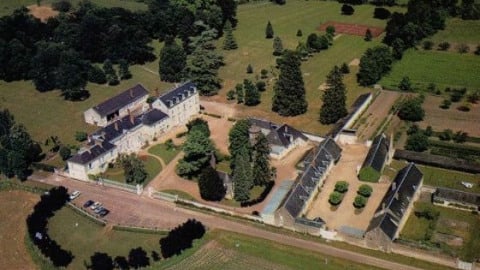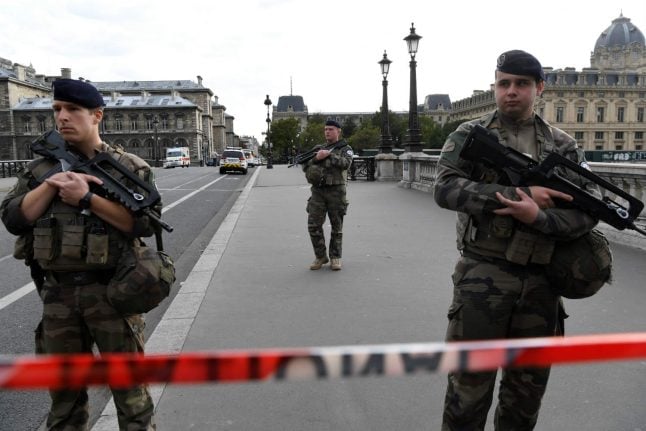The announcement about the new centre was made this week but the location of the centre had been kept secret. However, it wasn’t long before it was leaked.
The centre, which will aim to convince people to turn their backs on extremism, will be located at Beaumont-en-Véron in the Indre et Loire département of central France.
It will be a kind of boarding school for radicalized French youths aged 18 to 30, who may have tried and failed to travel to the Middle East. It will officially be called a centre for “reintegration and citizenship”.
The establishment will be able to accommodate 30 people for a ten-month stay, with possibilities of undertaking an internship in nearby companies. Participants will sign up on a voluntary basis and will have to wear a uniform during their stay.
They will be not be kept as prisoners and can return to their families at weekends. But the fact they will be able to wander around the area freely has concerned local residents and officials.
Hundreds of radicalized individuals have left France to fight jihad in the Middle East, with authorities increasingly concerned about those who have returned home.
Local mayor Bernard Château said he reacted “with amazement” to finding out the centre would be located in a former education centre building on his turf.
The mayor of nearby Chinon was more outspoken.
“My first reaction was anger,” said Jean-Luc Dupont. “We have just learned that a centre will open here, but we were never at any moment consulted about this.
“We wanted this building used for young refugees and migrants in need of vocational training, not as a deradicalization centre.
“Imagine having to tell local people that radicalized individuals are going to be living next to them and to tell them ‘it doesn’t matter’,” said Dupont.
“Talking of radicalized people is scary,” he added.
One of those concerned residents, who asked not to be named, told Europe1 radio how they feared being the victim of a Paris-like terror attack.
“Of course the idea is scaring people. Everyone is afraid and asking lots of questions,” she said.
“Shouldn’t the army be handling these kind of questions,” she said.
“Yesterday it was Paris, tomorrow perhaps it could be us. Obviously we are scared,” she said.
Some observers have pointed out it is not far from the nuclear power plant at Chinon, where security has been ramped up like at other power stations and sensitive locations in France.
The local government chief from Indre et Loire was due to hold a meeting with local officials on Friday to try to allay their fears.




 Please whitelist us to continue reading.
Please whitelist us to continue reading.
Member comments